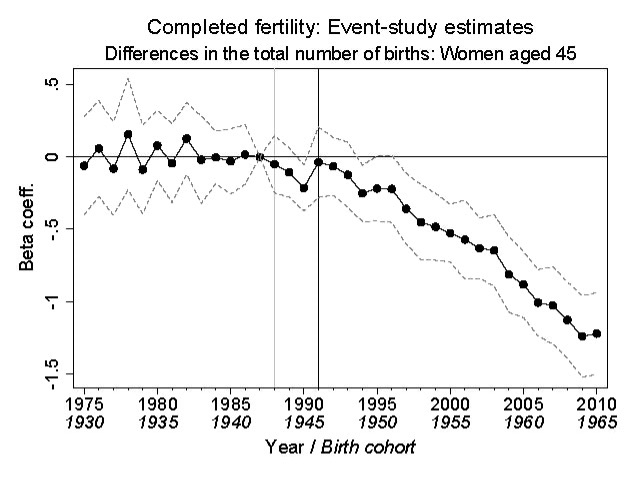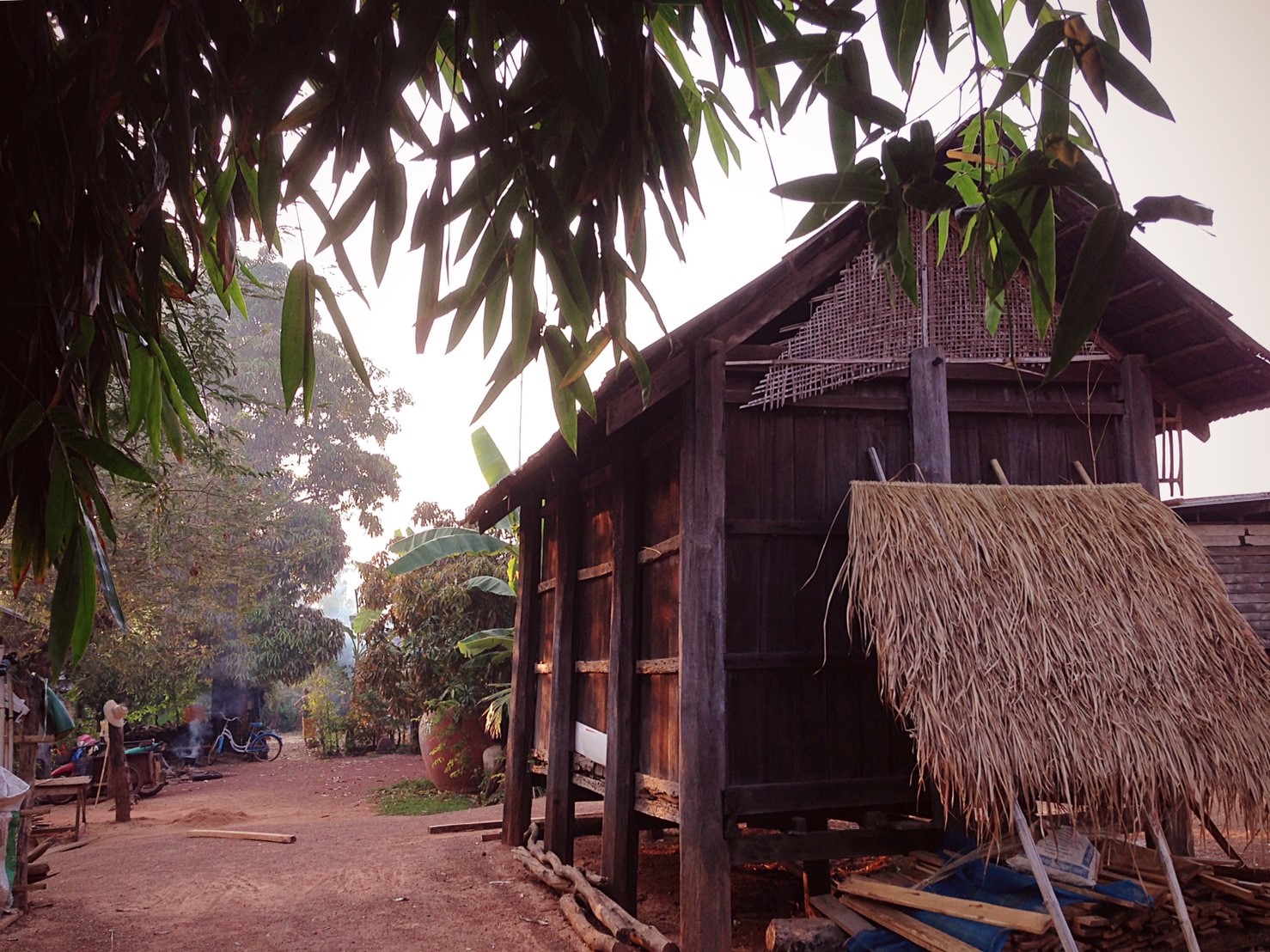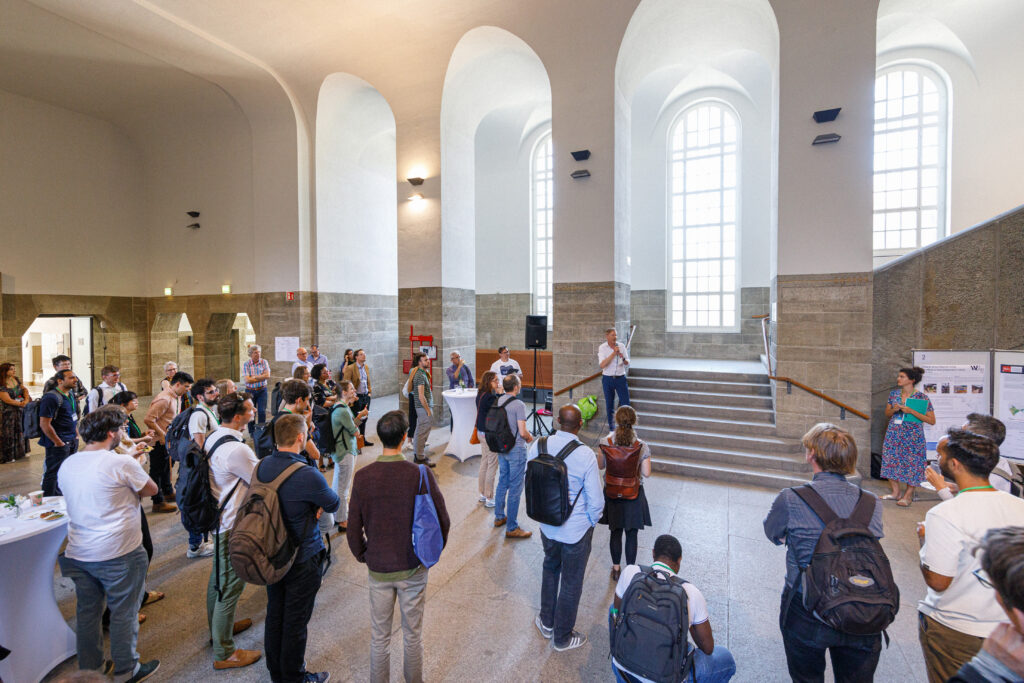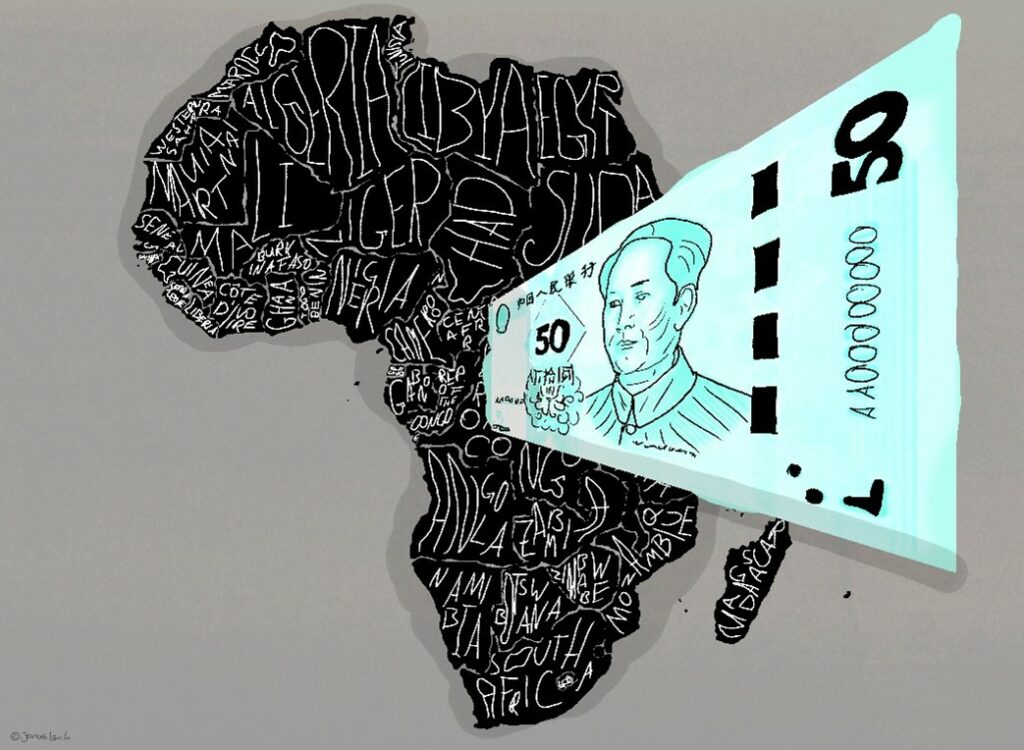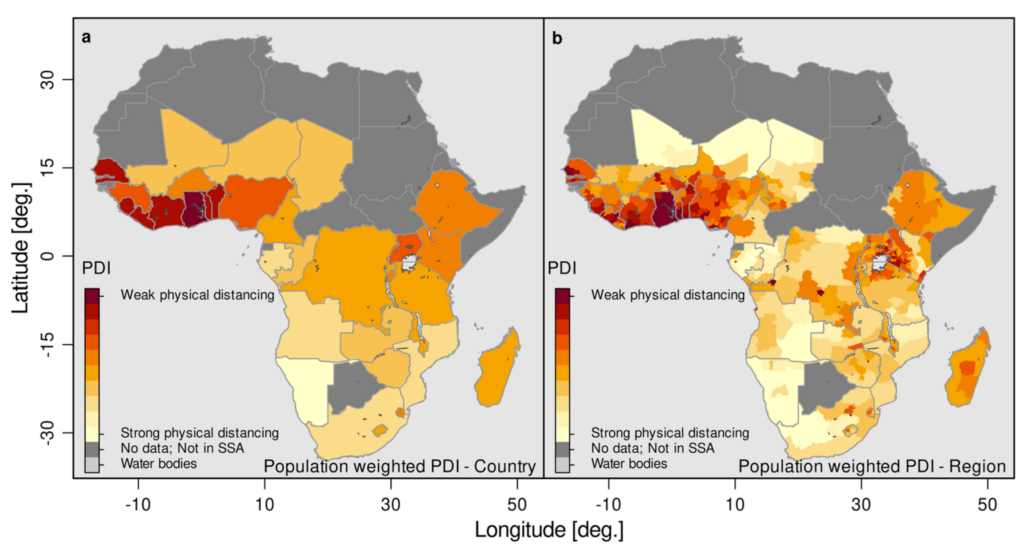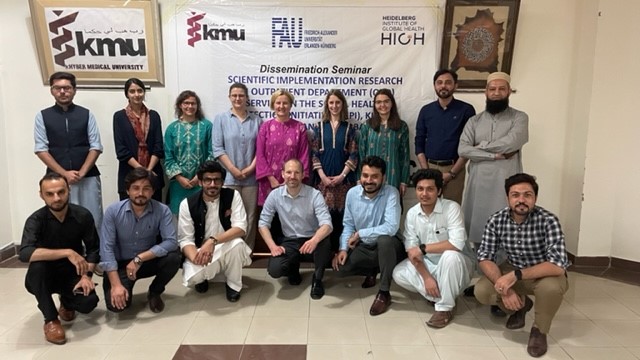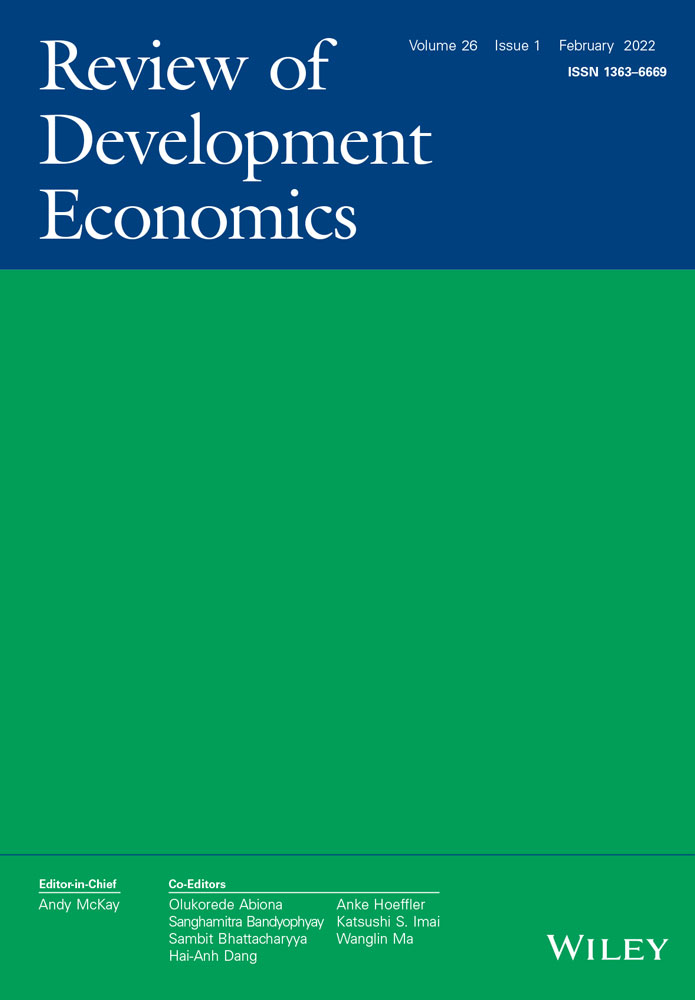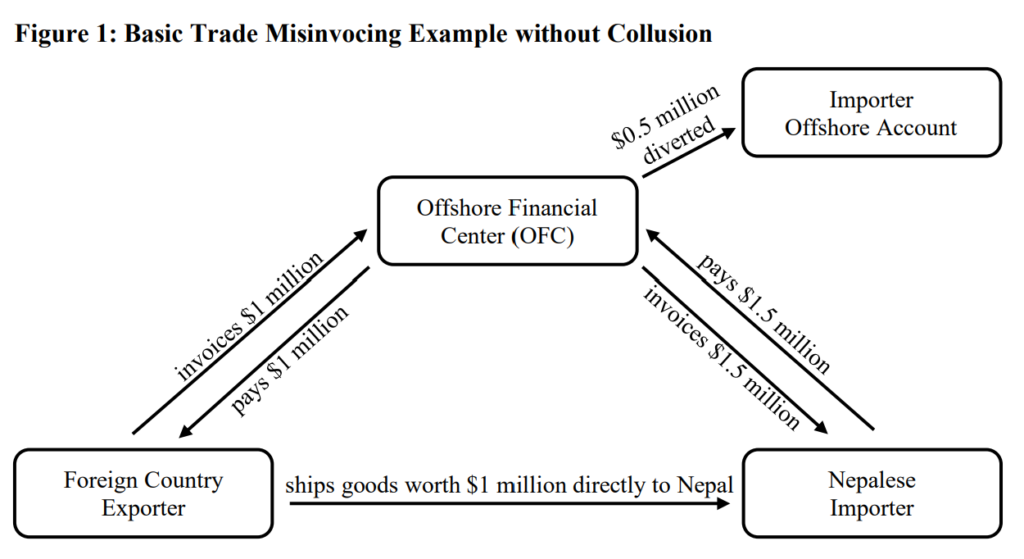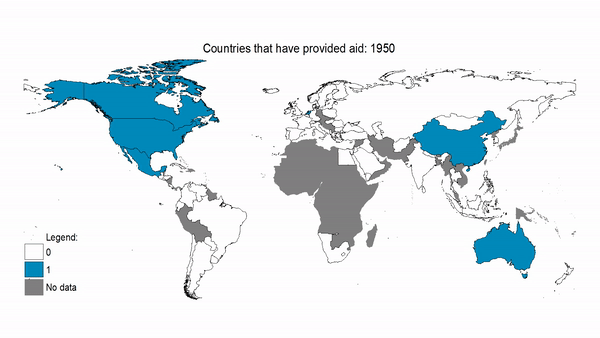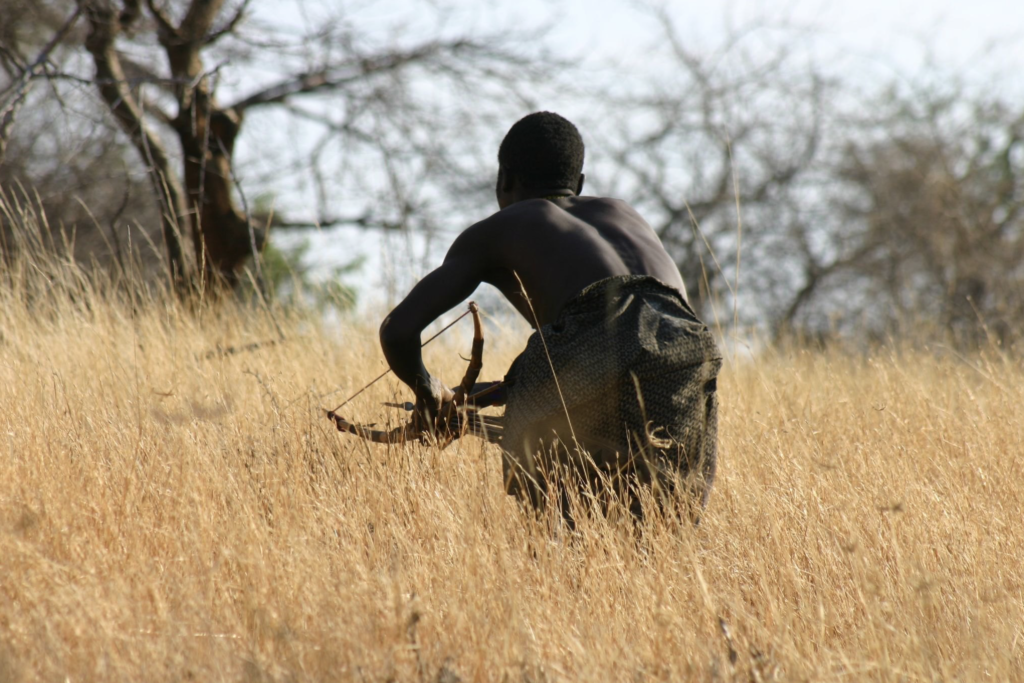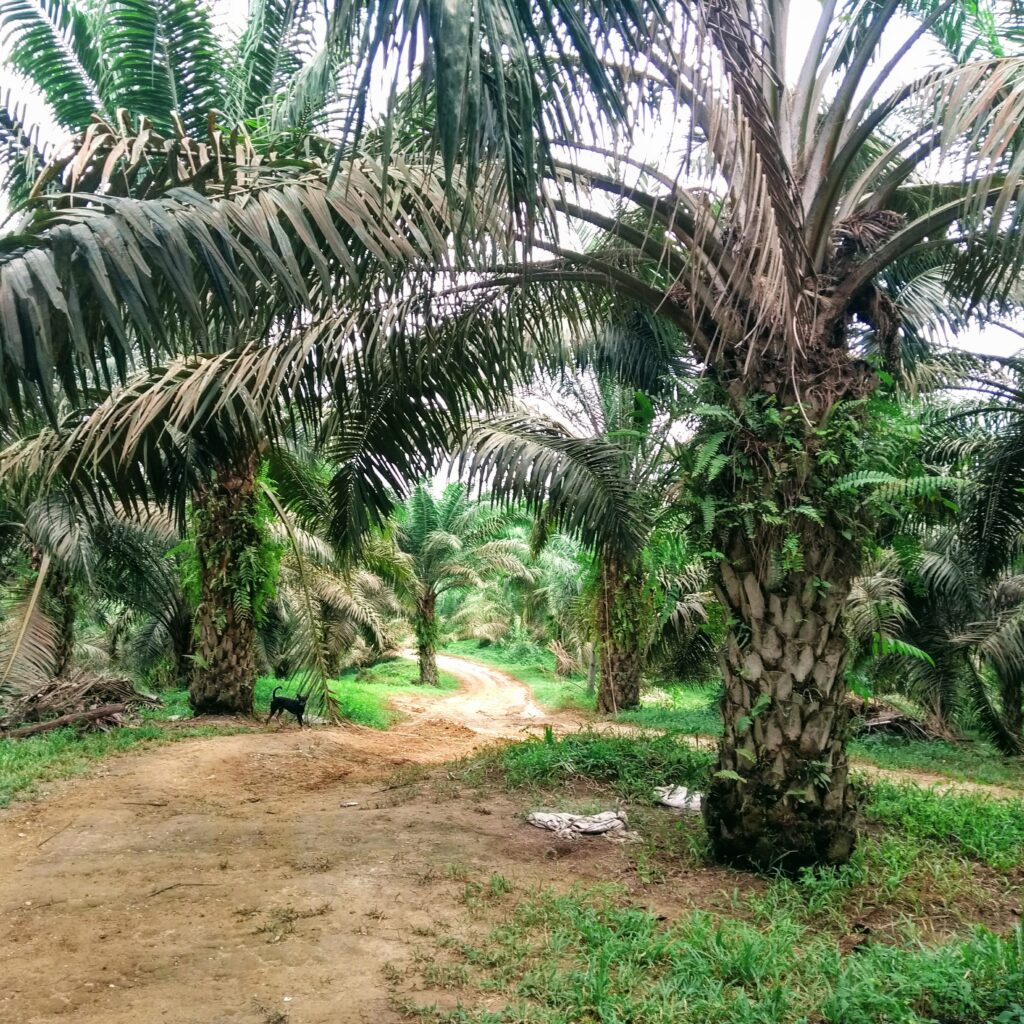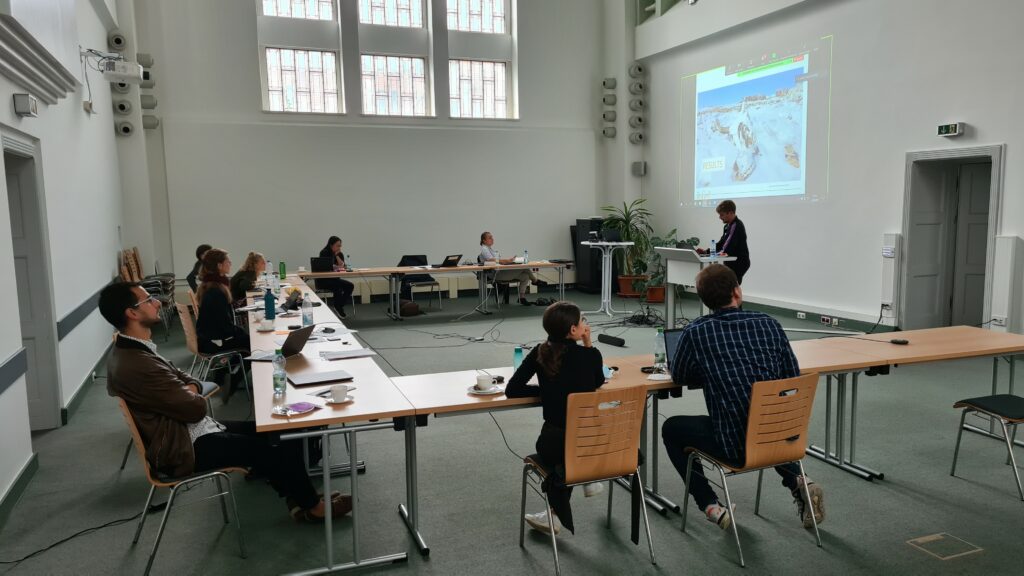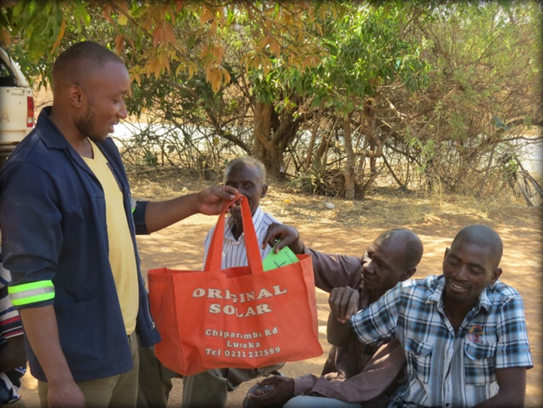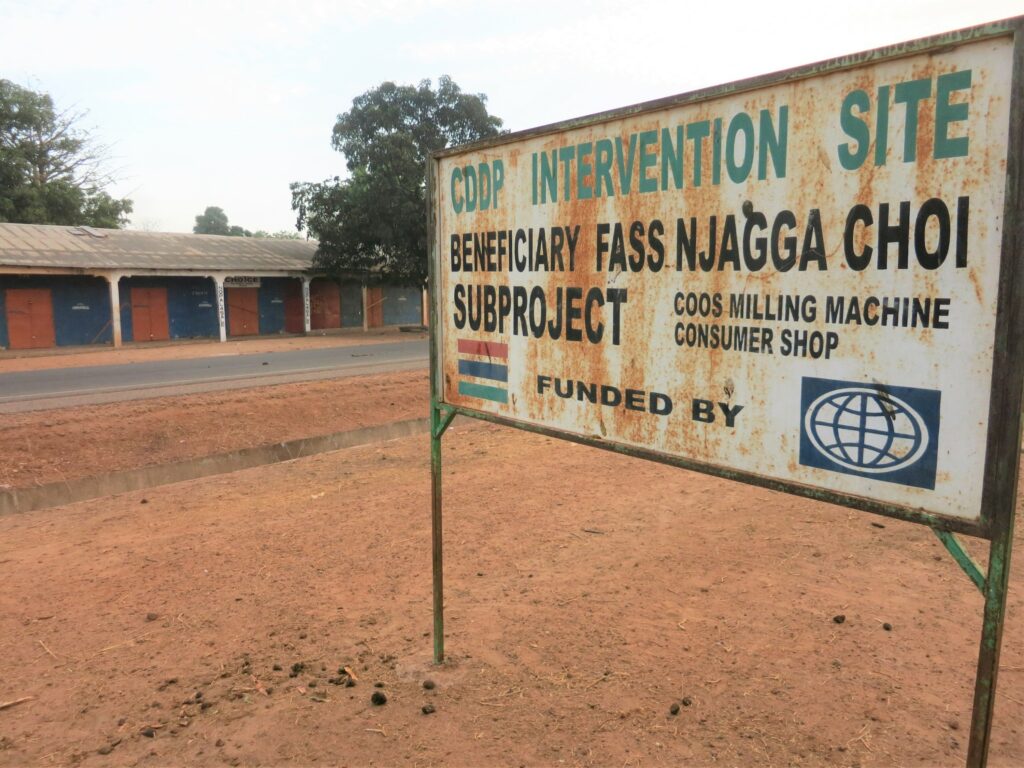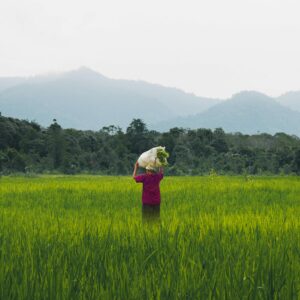The GIGA seeks to appoint a Postdoctoral Research Fellow (m/f/d) Globalisation and Development Applications are invited for a full-time position, with an initial contract of three years and the possibility of another three years after successful evaluation and depending on the availability of funds. The successful applicant should start as soon as possible. The position is designed for further professional qualification as defined in § 2 WissZeitVG (Academic Fixed-Term Contract Act). The salary is commensurate with EG 13 TV-AVH / TVöD. Part-time options will be considered, if so desired by the successful candidate.
The successful candidate will be affiliated to one of the GIGA’s Regional Institutes and conduct research within Research Programme 3 “Globalisation and Development” (RP3). The programme studies the economic, political, and social foundations of inclusive and sustainable development; its current research focuses, inter alia, on sustainability in global value chains, decent work and employment, climate change and development, and rural-transformation processes. Further, RP3 frequently engages in research at the interface of political economy and development. It is planned to expand RP3’s research activities on the development implications of digitalisation and the “just energy transition” in the Global South. This list of topics is not exhaustive, and the candidate’s own work can match or complement RP3’s ongoing research. The candidate is expected to hand in a research outline explaining how they would contribute to the GIGA’s research agenda. This outline should include concrete ideas for collaboration with projects and researchers at the GIGA.
The candidate is expected to conduct excellent research with real-world relevance and, accordingly, to participate in knowledge-exchange and outreach activities (media engagement, policy advice, and similar). There are no teaching obligations for this position, but the Institute offers support in finding teaching opportunities at one of the GIGA’s partner universities.
Screening of applications will begin on 29 April 2024. Further information can be found here.

